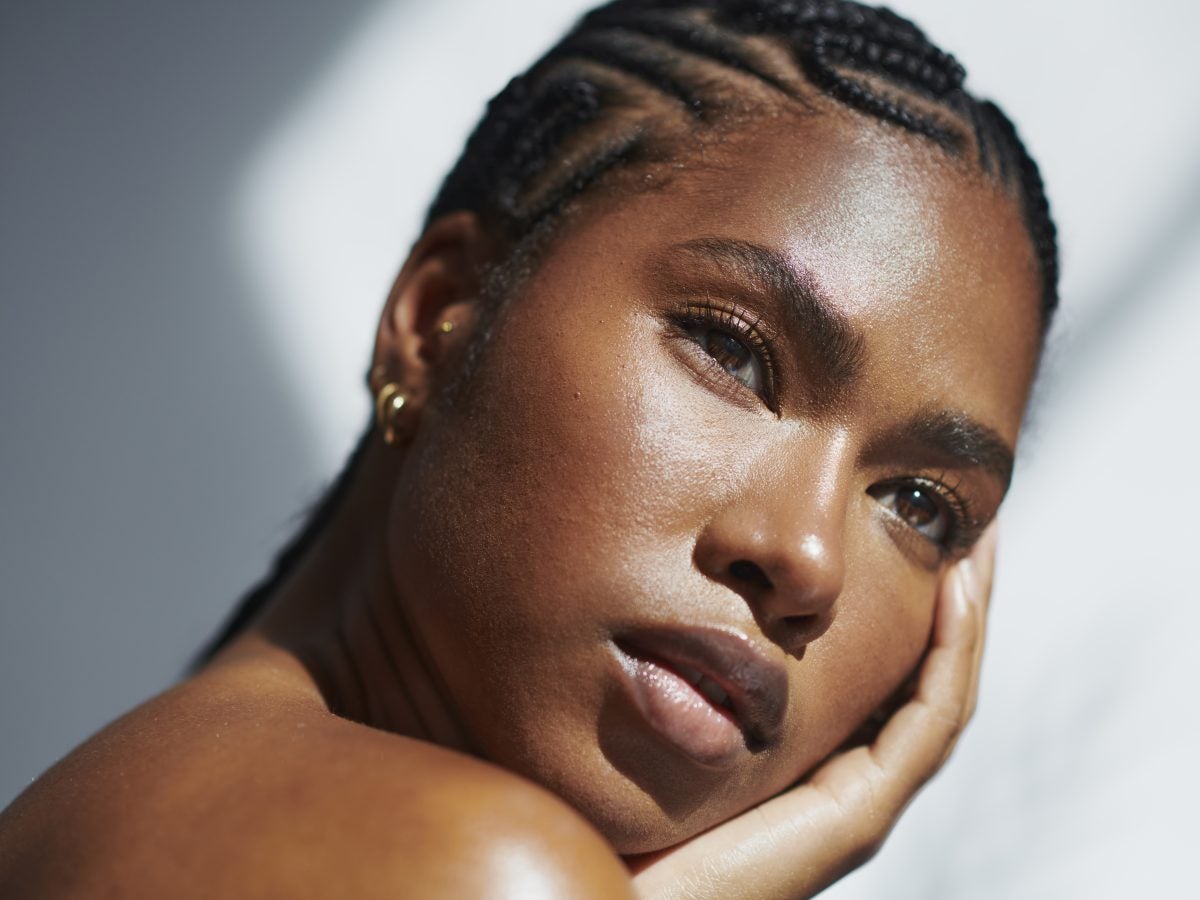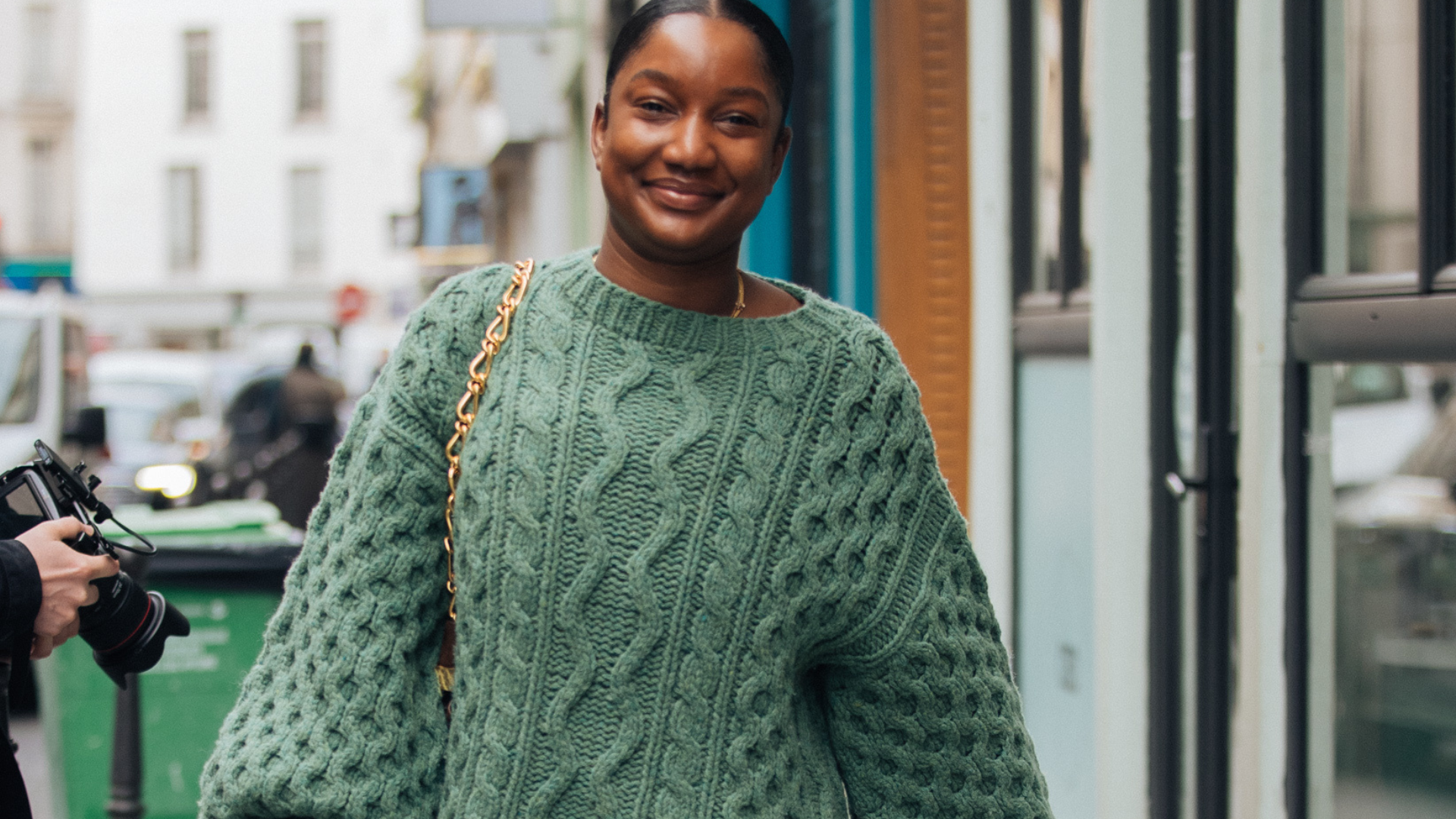
If you grew up in a Black household, you probably heard the phrase “Black don’t crack” often. Well, if you’re now an adult, probably in your late twenties, thirties, or early forties, you’ve probably realized how false that statement actually is. Now in my early thirties, I’ve taken it upon myself to make regular visits to my dermatologist, not just for my monthly facials and skin analysis sessions for future treatments but to make sure I am not at risk of skin cancer, like Melanoma, which a variant of skin cancer that forms in the melanocytes, which are cells that make the pigment that gives skin its color, which is called melanin. My dermatologist and esthetician have put together a thoughtful plan for skin preservation and skin cancer prevention, which has a lot to do with protecting my skin from harmful UV rays and sun exposure while adding the proper moisture and up-leveling my diet and exercise habits.
Although studies show that Black people and people of color are less likely to become diagnosed with skin cancer, they are more susceptible to suffering from it because of the delay in detection or presentation, as signs are harder to spot on melanated skin. In the Skin Cancer Concerns in People of Color: Risk Factors and Prevention study, it was established that people of color don’t understand their risk for skin cancer as there’s a false narrative that darker skin is protected from the sun’s harmful rays. Additionally, experts found that there is limited information and research on skin cancer as it relates to people of color. However, the World Health Organization predicts a 70% increase in new cancer cases over the next two decades.
So, how can we protect our precious melanated skin this summer and beyond? Nkem Ugonabo, a board-certified dermatologist at UnionDerm, recommends prioritizing sun protection. “My most important tip for protecting your skin for the summer is to prioritize sun protection. One of the biggest myths and misconceptions I hear from patients is that black skin doesn’t need sunscreen because “Black doesn’t crack.” While the melanin in the skin provides some protection from UV rays, Black people can still develop skin cancer and other skin issues often induced or worsened by the sun, such as hyperpigmentation, melasma, and photoaging (e.g., wrinkles). Hence, sunscreen (broad spectrum, at least SPF 30) is recommended for all skin types, including people of color,” she states.
“Also, during the summer, I always remind my patients to reapply their sunscreen every two hours when they spend time outdoors and/or after taking a swim or excessive sweating.”
Generally, taking care of your skin is beneficial in the short and long term. In addition to wearing sunscreen, keeping skin moisturized and treating skin issues such as acne early can help improve the appearance of your skin and limit longer-term problems such as scarring, which can be more challenging to treat.
Read some additional helpful tips from board-certified dermatologist Dr. Naana Boakye:
- SPF is your best friend! Darker skin is less likely to experience sunburn than lighter skin due to melanin production because melanin helps provide natural protection from UV rays; however, melanated skin is still at risk for sun damage. While you may not see it as clearly as you can on lighter skin, sunburns on darker skin can result in erythema (redness), peeling, and blistering. Sun damage on darker skin can also lead to skin cancer, melasma, post-inflammatory hyperpigmentation, Dermatosis papulosa nigra (DPN), and other skin conditions. It’s vital to wear sunscreen!
- Melanated skin can quickly lose moisture, so use a hydrating moisturizer with shea butter, glycerin, or hyaluronic acid to lock in the moisture and prevent dryness or irritation.
- Diet and nutrition play a crucial role in skin health. Drink plenty of water and eat a diet rich in antioxidants, vitamins, and minerals. Your skin will thank you!
- Melanated skin is more prone to hyperpigmentation. Consult your dermatologist to determine the best treatment for you, but products containing Vitamin C or Niacinamide can help brighten the skin.
- Gently cleanse the skin every day! Because melanated skin can experience more dryness, it is essential to use a cleanser that won’t strip your skin of its natural oils. Look for gentle, sulfate-free cleansers with a pH of 4.5 – 5.5 so they don’t disrupt your microbiome.
- In addition to wearing sunscreen, I recommend wearing sun-protective clothing, including wide-brim hats, sunglasses, and UV-protective clothing, to further protect your skin against sun damage.




